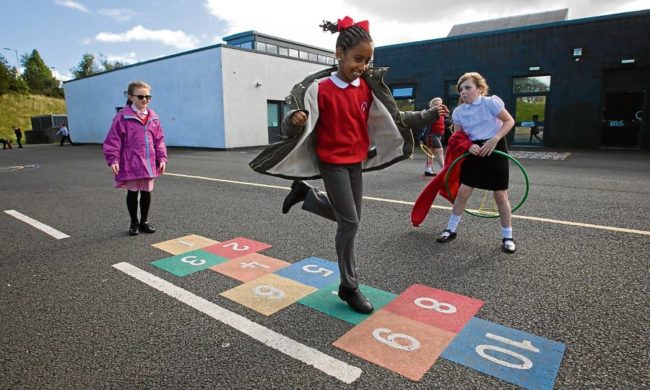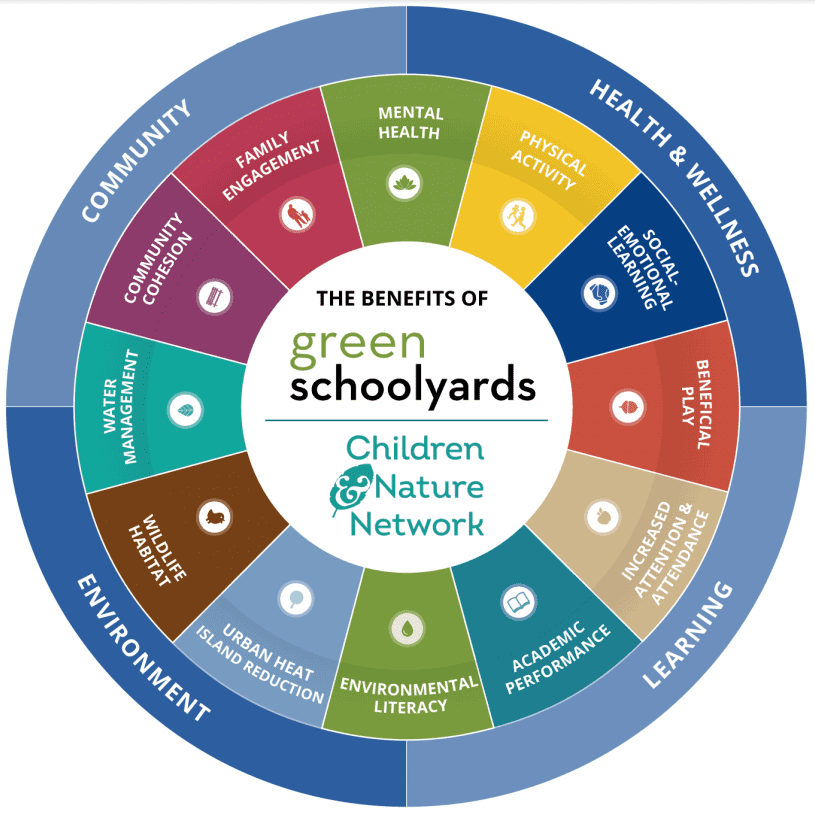Bedtime Use of Technology and Associated Sleep Problems in Children
Children comprise one of the largest consumer groups of technology. Sleep is fundamental to optimal functioning during childhood, including health and behaviour. The purpose of this study was to explore bedtime electronic use and its impact on 3 health consequences—sleep quantity and quality, inattention, and body mass index.
Bedtime Use of Technology and Associated Sleep Problems in Children Read More »










